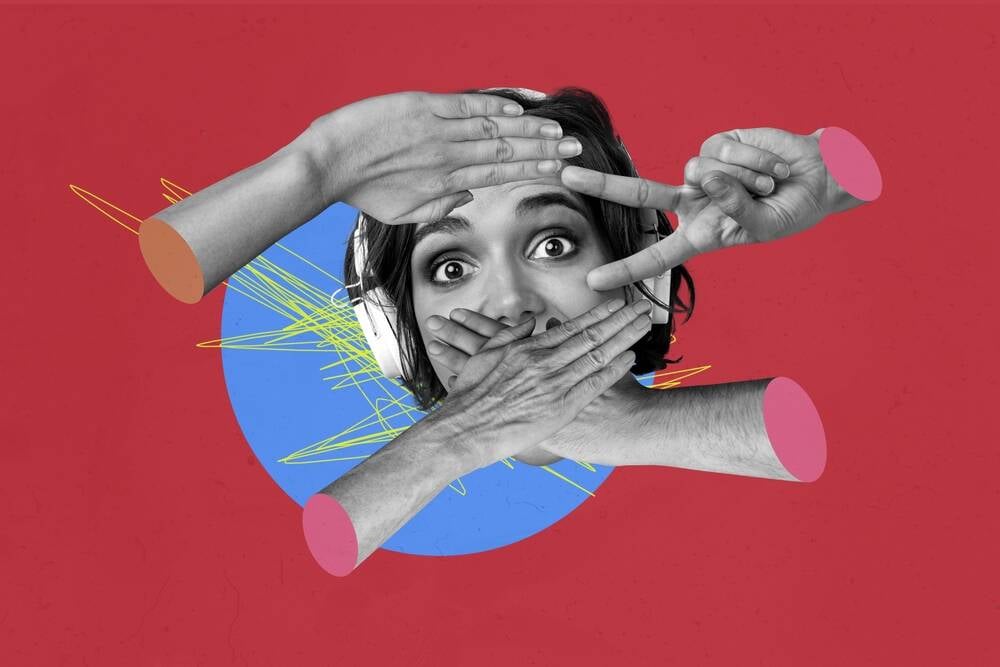
"House Rep Thomas Massie (R-KY) was one of only two reps who voted against the bill amid 409 who voted for it. "I'm voting NO because I feel this is a slippery slope, ripe for abuse, with unintended consequences," he said on X."
"Jason Kelly, activism director for the Electronic Frontier Foundation (EFF), explained in a briefing note Monday the bill has major flaws. "The takedown provision in TAKE IT DOWN applies to a much broader category of content - potentially any images involving intimate or sexual content - than the narrower NCII definitions found elsewhere in the bill," he said."
The TAKE IT DOWN Act, passed by the U.S. House, seeks to protect individuals from the non-consensual sharing of intimate imagery online. Despite broad support, advocacy groups have highlighted potential flaws, specifically concerns regarding vague language which could lead to misuse, such as excessive takedown requests that may infringe on free speech. Critics like House Rep Thomas Massie raise alarms about the legislation's implications for censorship and potential unintended consequences on internet companies. The bill mandates a 48-hour removal timeframe for flagged images, compounding worries of bad-faith claims and chilling effects on expression.
Read at Theregister
Unable to calculate read time
Collection
[
|
...
]